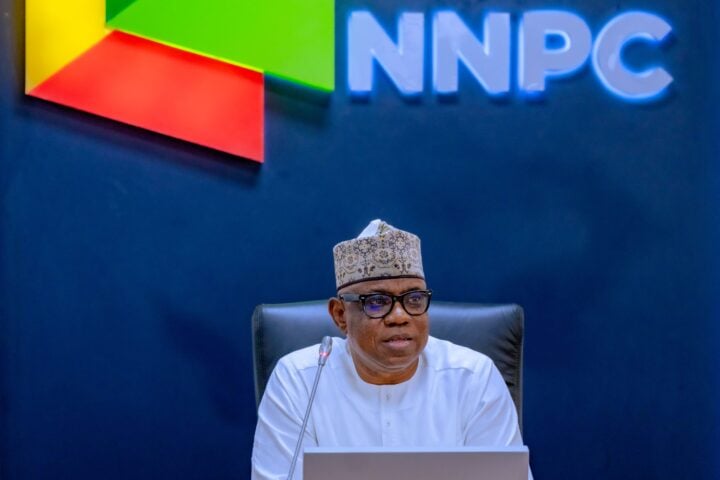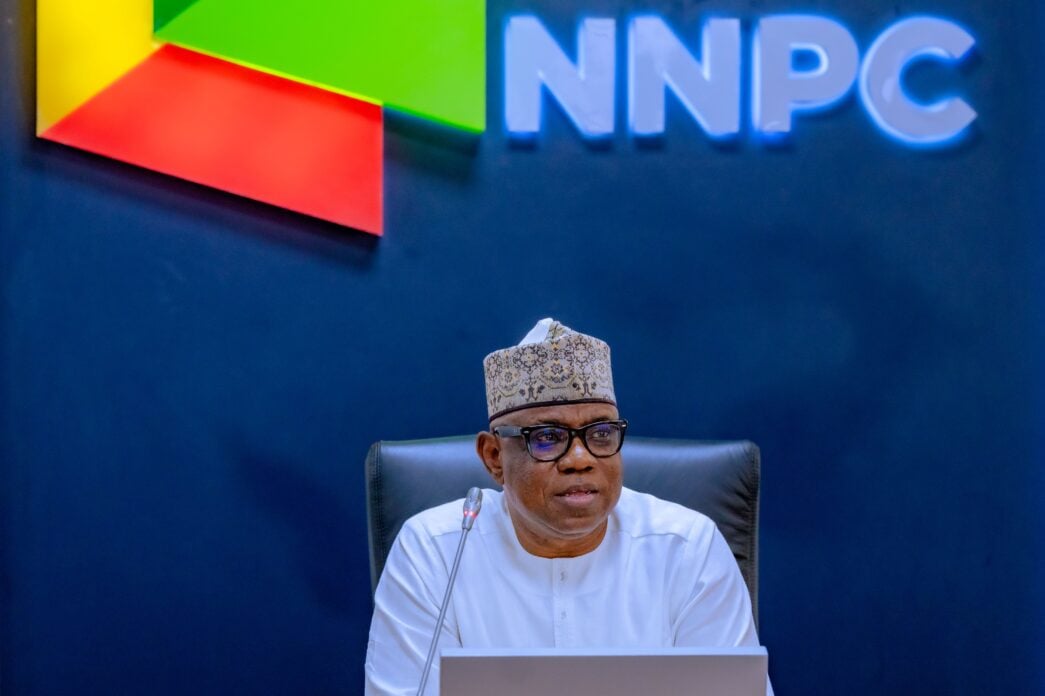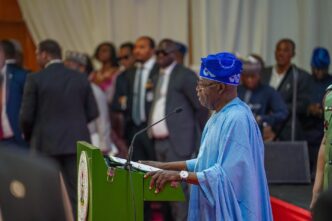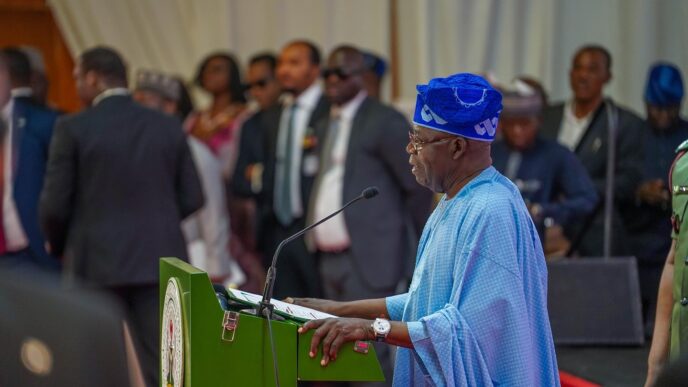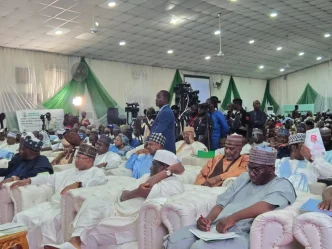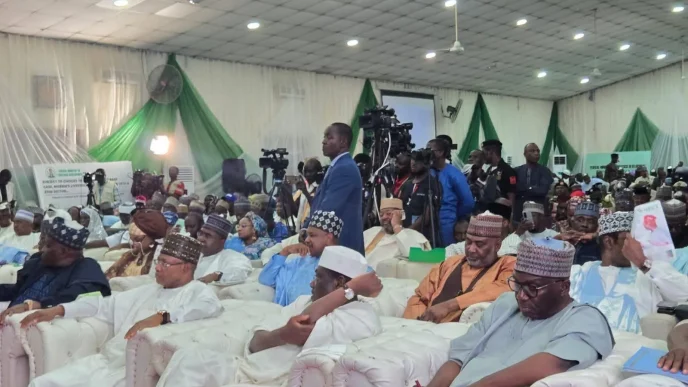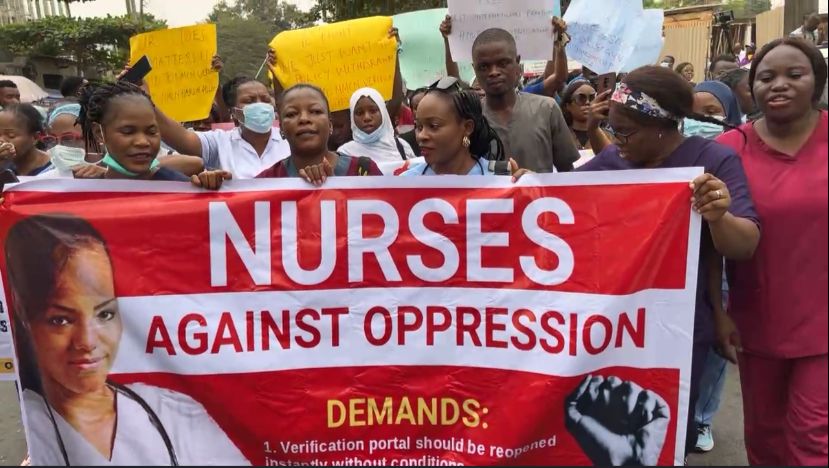BY TEMITOPE AGBOOLA
When Bayo Ojulari was appointed as the group chief executive officer of the Nigerian National Petroleum Company Limited (NNPCL) on April 2, 2025, expectations were understandably high.
Nigeria’s energy sector had long been plagued by inefficiency, secrecy, and a crippling lack of trust. Yet Ojulari took up the challenge with calm determination, guided by one mission: to rebuild the NNPCL into a professional, transparent, and accountable institution.
Since taking the helm, he has done just that.
Advertisement
Ojulari has cleaned the house — not with noise, but with systems. Internal operations are now benchmarked against clear metrics. External audits have been welcomed, and contract processes have been restructured for greater oversight. For the first time in years, civil society groups — once among the loudest critics of NNPCL — have acknowledged genuine progress.
He has not ducked responsibility, even for issues that predate him. When the senate raised concerns over past transactions, Ojulari responded with full cooperation and transparency, reinforcing the values of accountability and integrity.
With over three decades of experience in oil and gas — including top roles at Shell Nigeria and Renaissance Africa Energy — Ojulari has brought more than just credentials. He has brought a reformer’s mindset. Waste is being cut, teams are being inspired, and outdated ways of doing business are being thrown out the window.
Advertisement
Early on, he deployed real-time digital monitoring systems to track performance. Contracts that were once shrouded in secrecy are now available for public scrutiny. That’s not rhetoric. That’s action.
One of Ojulari’s most ambitious efforts has been reviving Nigeria’s long-neglected refineries. For too long, the Port Harcourt, Warri, and Kaduna facilities operated far below capacity while Nigeria relied on costly fuel imports. Today, under Ojulari’s leadership, a comprehensive plan is underway to overhaul and reactivate these refineries.
International partners have been brought in to ensure modern, efficient upgrades, while local firms are being empowered to retain technical know-how within the country. The goal: to produce 150,000 barrels per day within 18 months. For the first time in years, Nigerians believe that goal is within reach.
Ojulari put it best: “We’re not just refining oil—we’re refining the future of this nation.”
Advertisement
But perhaps even more revolutionary is his commitment to transparency. In a bold and unprecedented move, NNPCL began publishing its full financial statements — debt and all. By laying bare its $6 billion obligations, Ojulari sent a clear message to investors and citizens alike: the era of smoke and mirrors is over.
Investor confidence is returning. Quarterly engagement sessions with stakeholders have become standard practice. A partial listing of NNPCL’s non-core assets is already in the pipeline — opening the door to new capital and reducing reliance on public funds.
Yet Ojulari knows this transformation isn’t just about numbers — it’s about people. He regularly visits refinery communities, listens to residents, and acts. In response, NNPCL has launched job training, small business grants, and other community empowerment programs. His message is consistent and clear: “NNPCL must serve all Nigerians—fueling our cars, our industries, and our aspirations.”
And many are beginning to believe it.
Advertisement
But just as progress becomes visible, the forces of sabotage begin to stir. It is no secret that some — within and outside government — have grown uncomfortable with these reforms. Their comfort lies in chaos; their power in opacity. For them, Ojulari’s reforms are not just inconvenient—they are threatening.
To these enemies of progress, let it be said clearly: now is not the time for political games. Nigeria cannot afford to go backwards.
Advertisement
Sabotaging reforms for personal gain is sabotage against the nation itself. Attempts to derail Ojulari’s leadership — whether through smear campaigns, internal resistance, or bureaucratic stonewalling — are not attacks on one man. They are attacks on every Nigerian who wants a better, stronger country.
Ojulari did not come to play politics. He came to work.
Advertisement
The oil sector is too central to Nigeria’s future to be left in the hands of vested interests. What the NNPCL needs now is continuity, not disruption; support, not subversion. Let Bayo Ojulari finish what he started. Let him build the foundation for a truly independent, modern, and transparent energy industry.
The time for business as usual is over. The time for nation-building is now.
Advertisement
Temitope Agboola, a banker, wrote in from Lagos.
Views expressed by contributors are strictly personal and not of TheCable.
